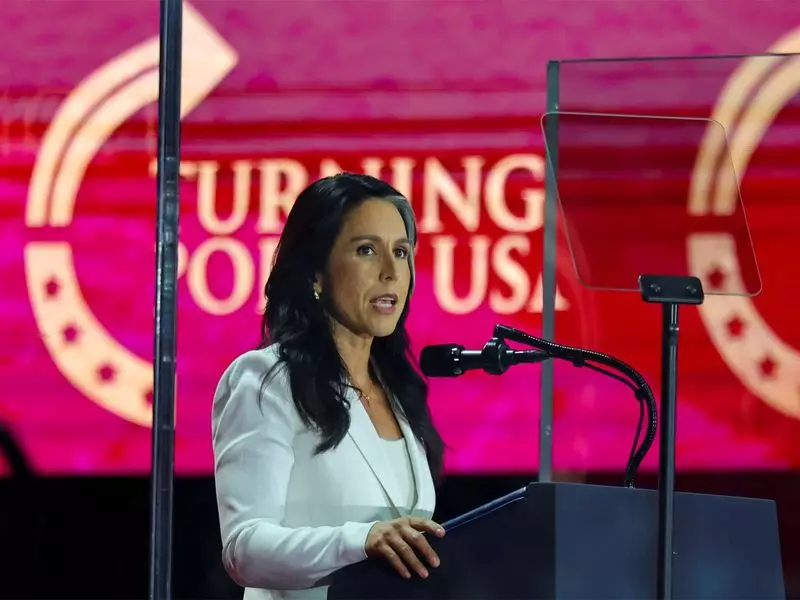
In a striking revelation that challenges conventional Washington thinking, former US Congresswoman Tulsi Gabbard has pointed to America's strategy of regime change as the primary catalyst behind the alarming rise of Islamist terrorist organizations across the globe.
The former Democratic presidential candidate, speaking with the authority of someone who has served on key House committees, argued that what many in Washington consider 'foreign policy' has essentially become a dangerous game of overthrowing governments. This approach, according to Gabbard, has created precisely the conditions that allow extremist groups to flourish.
The Unintended Consequences of Intervention
Gabbard's analysis suggests that each time the United States orchestrates or supports the overthrow of a foreign government, it creates a power vacuum that radical elements are all too eager to fill. Rather than spreading democracy and stability, these interventions often result in chaos, destruction, and the emergence of new security threats.
'We've seen this pattern repeat itself across multiple administrations,' Gabbard emphasized, pointing to specific conflict zones where US intervention preceded the rise of terrorist organizations that now threaten global security.
A Call for Policy Reevaluation
The former Hawaii representative's comments come at a time when many foreign policy experts are questioning the long-term effectiveness of America's interventionist approach. Gabbard joins a growing chorus of voices advocating for a fundamental reassessment of how the United States engages with other nations.
Her perspective carries particular weight given her military background and service in the Middle East, providing her with firsthand insight into the complex dynamics of regions affected by US foreign policy decisions.
This critique strikes at the heart of Washington's establishment thinking, suggesting that the very policies designed to combat terrorism may have inadvertently become its greatest accelerant.





